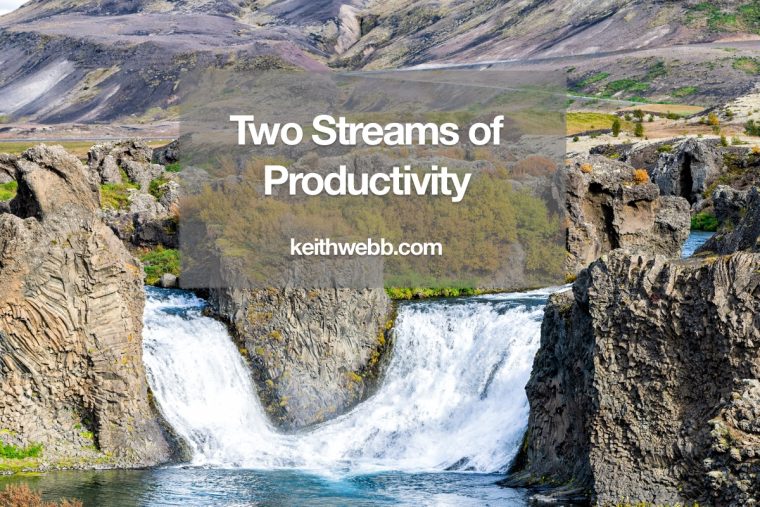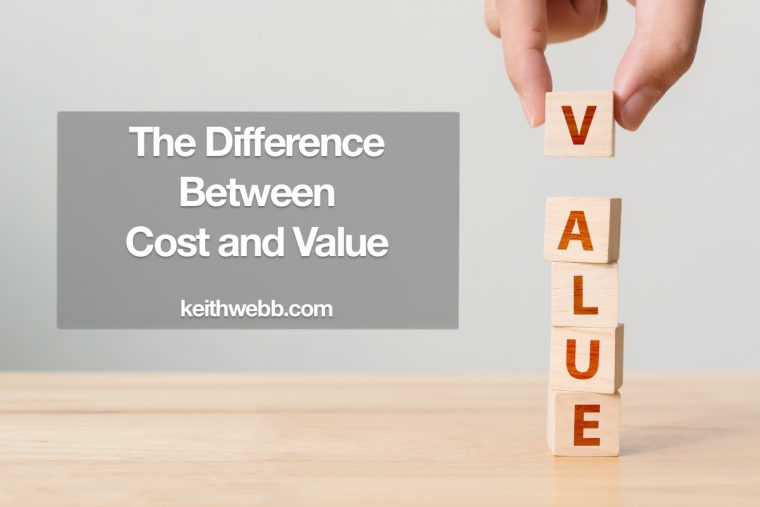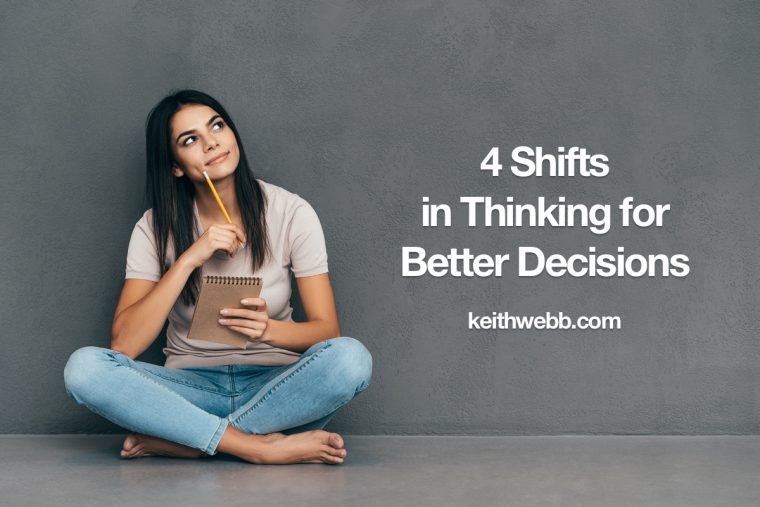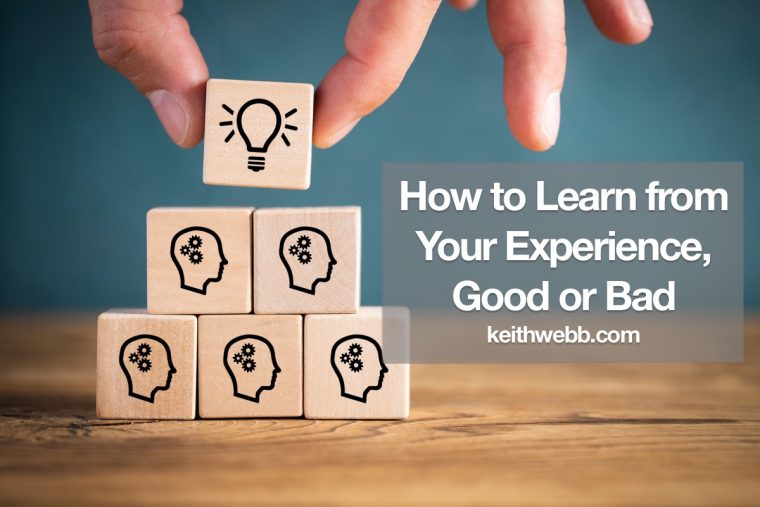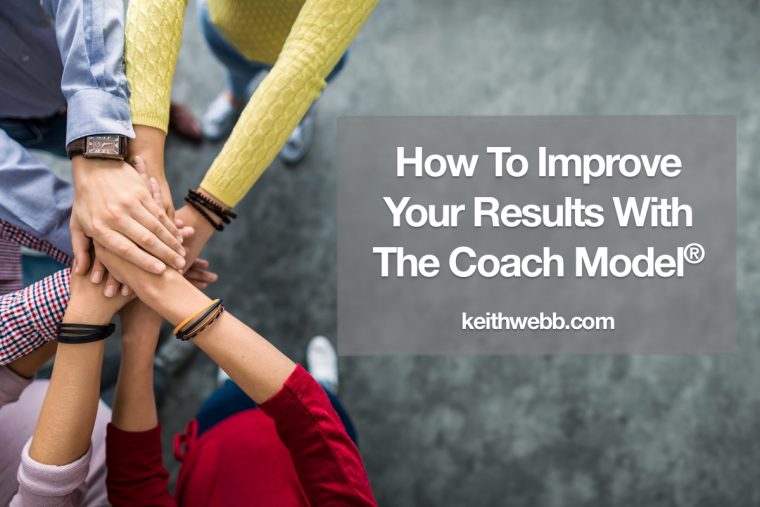Everyone is looking for happiness, when, I believe, they are searching for meaning. Call it love. Call it a fulfilling job. It’s meaning. Because of a lack of meaning, we do things we think will make us happy but instead, drives meaning and happiness away.
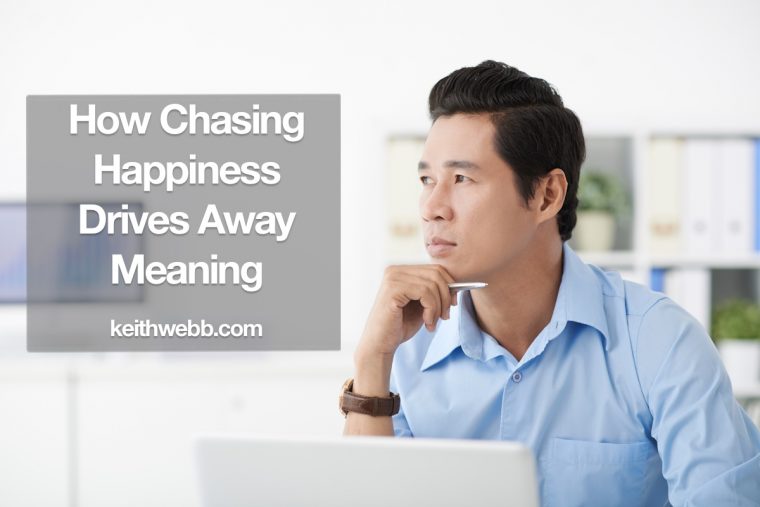
When someone says they want a job that they feel more passionate about, or work that is fulfilling, they are looking for meaning.
When a person says they want someone to love and care for, and to be loved and cared for, they are looking for meaning.
Through coaching hundreds of people, I see a pattern of wanting to do good things that will actually make them feel worse. This article begins a bit philosophical, but moves to practical tools.
